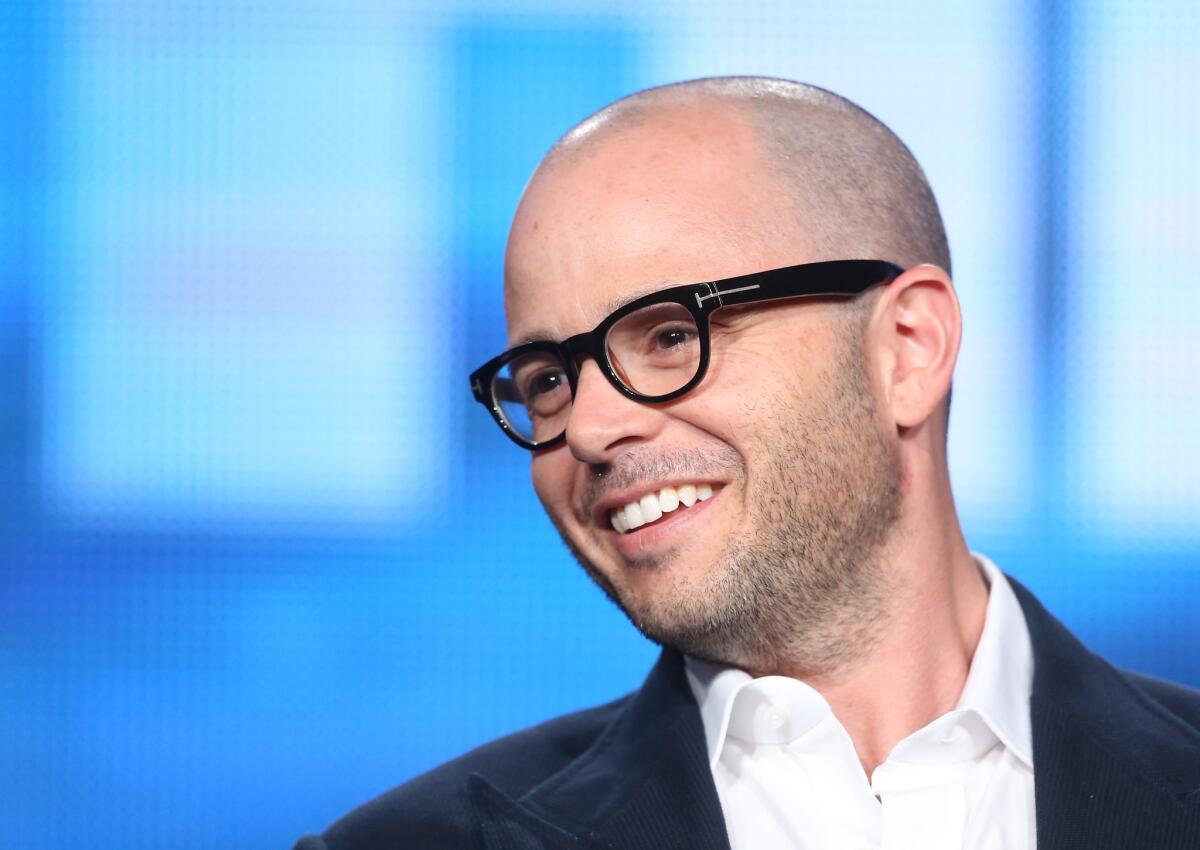TCA: HBO’s ‘The Leftovers’ looks at those left behind

Writer Tom Perrotta is hopeful that HBO’s new series, “The Leftovers,” will be received as warmly as other Hollywood adaptations of his books.
Based on Perrotta’s bestselling novel of the same name, “The Leftovers” imagines the aftermath of a world in which 2% of the population suddenly disappears in a mysterious rapture-like event.
Prior to this, Perrotta’s books “Election” and “Little Children” were adapted into critical darlings. The former, a quirky black comedy directed by Alexander Payne, became a cult classic. The latter resulted in Perrota receiving an Academy Award nomination for best adapted screenplay.
Novelists don’t often have positive experiences with Hollywood, Perrotta acknowledged on Thursday during the Television Critics Assn. media tour in Pasadena. But he said he thinks with “The Leftovers,” he might be on an unprecedented run.
“Like a lot of writers, my original thought was, ‘I want a faithful adaptation’,” he said. ”And because my heart wasn’t broken that first time, I was able to love again.”
That love takes the form of an edgy, dark drama that is not for everyone, said showrunner Damon Lindelof, formerly of “Lost.”
“I think it has broad appeal, but I’ve borne witness to a wide array of responses,” he said. “It’s a bit of a Rorschach test.”
PHOTOS: Behind the scenes of movies and TV
Despite the sensational premise of the show, the narrative won’t dwell on what happened during the great disappearance, both men said. Rather, it will focus on the lives of those left behind three years after the cataclysmic event, which saw babies vanish from their car seats and drivers from behind the wheel, leaving empty cars careening down panic-stricken city streets.
“The show is mainly about how the characters are dealing with this situation, and less about what happened and where everybody went,” Lindelof said, adding that if multiple seasons are achieved, the narrative will go far beyond the story told in the book.
For Perrotta, the experience of the nation after 9/11 was instrumental in informing this approach.
“In the days after 9/11 we had the sense that nothing would ever be the same again,” he said. “And then later we realized the change had been more limited than we initially imagined. The story then becomes how do we deal with our trauma.”
ALSO:
TCA: Lifetime announces sequel to ‘Flowers in the Attic’
Lineup for 31st annual PaleyFest for TV fans is announced
TCA: HBO’s ‘Boardwalk Empire’ returns for fifth and final season
More to Read
The complete guide to home viewing
Get Screen Gab for everything about the TV shows and streaming movies everyone’s talking about.
You may occasionally receive promotional content from the Los Angeles Times.







